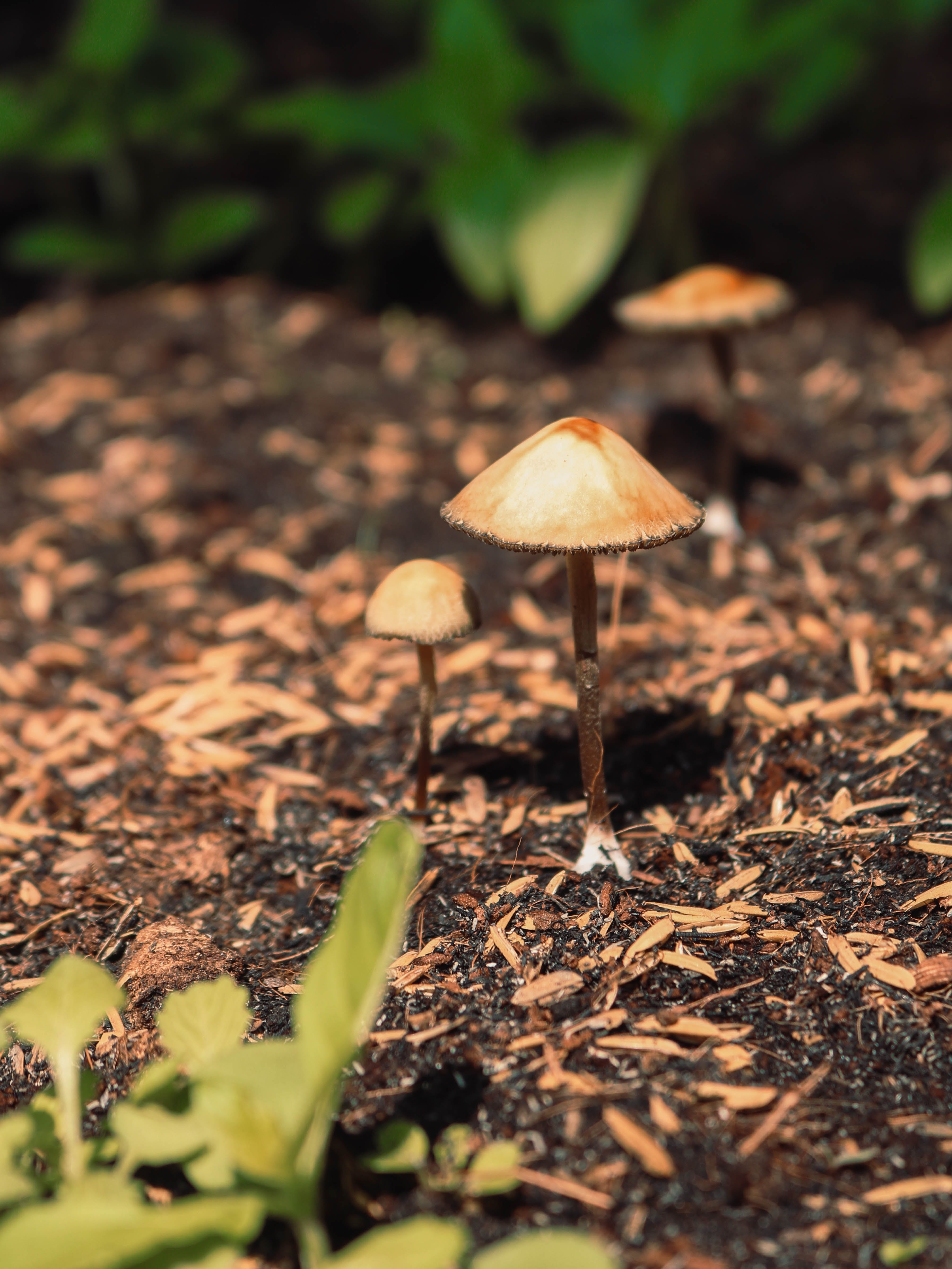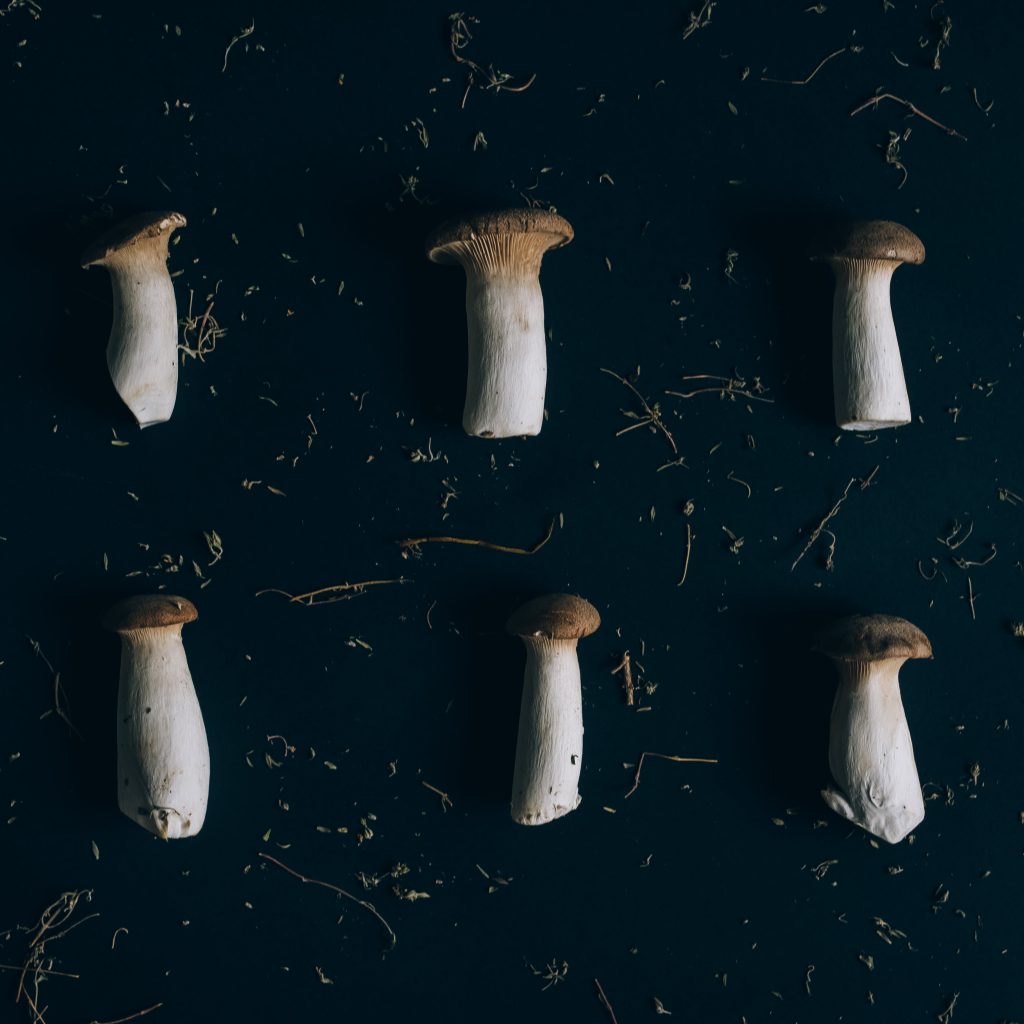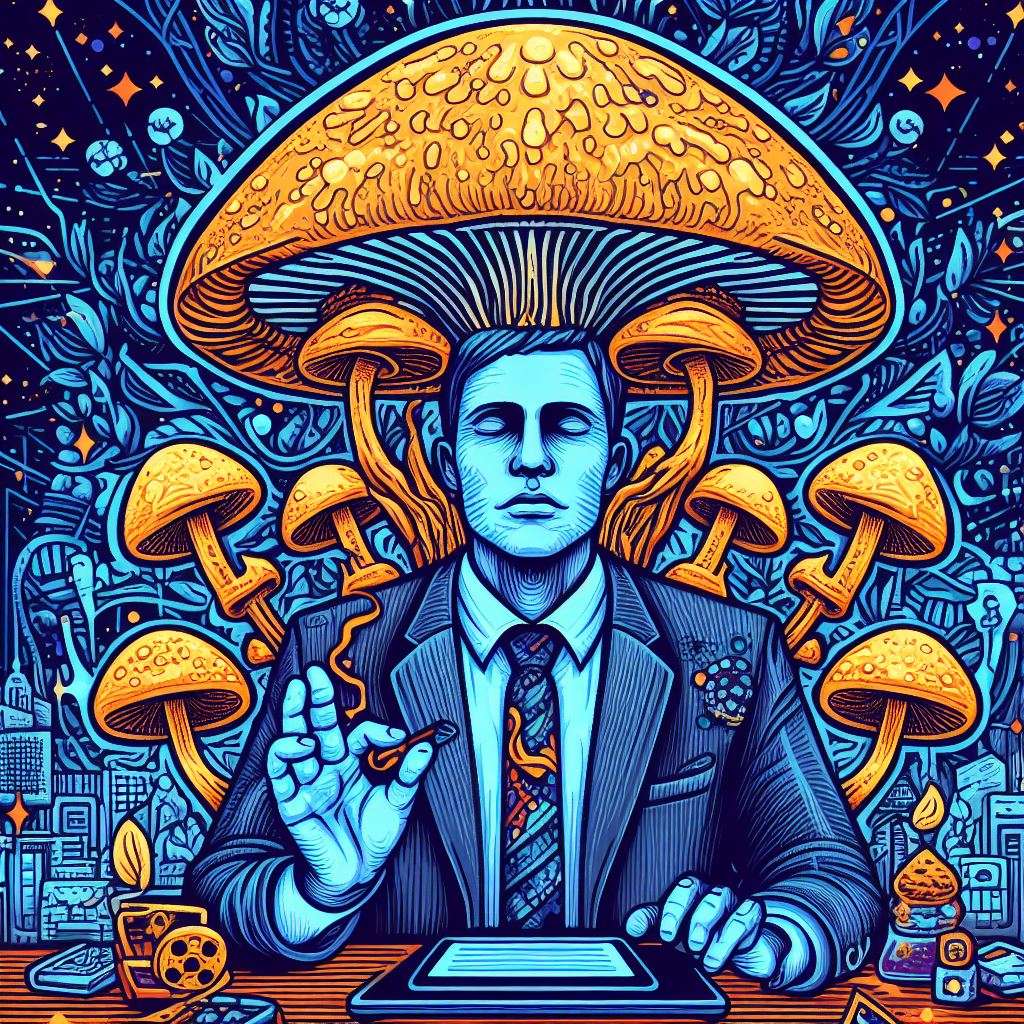Magic mushrooms, also known as psilocybin mushrooms, mushrooms or shrooms, are fungi that have recently garnered attention for their potential impact on mental health. These mushrooms contain a compound called psilocybin, which researchers have studied in clinical trials to understand its therapeutic effects. In this article, we’ll explore the findings of these trials and the controlled conditions under which they were conducted. We will also discuss the legal status of magic mushrooms in various regions, global perspectives on their use, and public opinion regarding their potential benefits. This overview aims to provide newcomers with a clear understanding of magic mushrooms and their potential effects.
Key Takeaways
- Psilocybin in magic mushrooms may benefit mental health in controlled settings.
- Recent studies show positive outcomes for depression and anxiety.
- Legal changes globally indicate shifting perspectives on magic mushrooms.
- Public opinion leans toward regulated therapeutic access and decriminalization.
Psilocybin and Mental Health
Psilocybin, a natural compound found in magic mushrooms, has been the focus of recent research exploring its impact on mental health. This substance, found in the fungi, has shown promise in addressing mental health challenges, particularly in individuals facing difficult circumstances.

In clinical trials, scientists have administered controlled doses of psilocybin in therapeutic settings. These trials have revealed noteworthy results, especially for those with treatment-resistant major depressive disorder—a form of depression that doesn’t respond well to typical antidepressant medications. The studies indicate that, when administered in tightly regulated conditions under clinical supervision, psilocybin can bring about significant and lasting improvements in mood.
Another group that has shown positive responses to psilocybin includes individuals dealing with cancer-related anxiety or depression. In a study involving 51 adult patients, a single large dose of psilocybin provided considerable relief for up to six months. It is essential to emphasize that these sessions occurred under the watchful eyes of clinically trained monitors, underscoring the importance of careful oversight.
Researchers from Johns Hopkins and New York University have reported that psilocybin not only reduced clinician- and patient-rated depressed mood and anxiety but also increased quality of life, life meaning, and optimism. Even six months after treatment, a significant percentage of participants continued to experience meaningful decreases in depressed mood and anxiety, with some achieving symptom remission.
These findings suggest that psilocybin may hold promise as a therapeutic intervention for mental health conditions. However, it is crucial to note that these studies were conducted in highly controlled environments and should not be attempted outside of research or patient care settings. As we explore this subject further, the controlled conditions and caution exercised during these trials emerge as crucial aspects in understanding psilocybin’s potential benefits for mental health.
Controlled Conditions and Caution
The studies involving psilocybin and its potential impact on mental health highlight the crucial role of controlled conditions and caution in the research process. To better understand this, let’s break down what these aspects entail.
Tightly Controlled Settings: In the studies conducted on psilocybin, researchers emphasized the importance of tightly controlled settings. This means that the administration of psilocybin occurred under carefully regulated conditions, typically in therapeutic environments. These settings involve the presence of clinically trained monitors who oversee the entire process. The controlled environment ensures that the effects of psilocybin are observed and managed in a systematic way.
Clinical Supervision: The term “clinical supervision” signifies that individuals overseeing the psilocybin sessions are trained professionals with a background in clinical settings. Their role is to monitor and guide participants throughout the experience, ensuring their safety and well-being. This level of supervision is critical in preventing any adverse reactions and in maintaining a secure environment for the participants.
Cautionary Approach: Researchers have consistently emphasized a cautious approach to the use of psilocybin. While the studies have shown promising results, the cautionary approach underscores the potential risks associated with unsupervised or recreational use of psilocybin. The compound should only be administered in research or patient care settings, where its effects can be carefully managed and studied.
Research Setting Recommendations: It is important to note that researchers explicitly advise against the use of psilocybin outside of research or patient care settings. The controlled conditions and clinical supervision provided in these settings are integral to the positive outcomes observed in the studies. Attempting to use psilocybin without these safeguards can lead to unpredictable and potentially harmful consequences.
In summary, the controlled conditions and caution exercised in psilocybin studies serve as critical components in understanding its potential therapeutic benefits. These measures ensure a methodical and safe exploration of the compound’s effects on mental health, emphasizing the importance of professional oversight and regulated environments.
Legal Developments
Understanding the legal status of magic mushrooms, particularly psilocybin, involves recognizing recent changes and ongoing developments in various regions. Let’s examine these legal developments in a straightforward manner:
- Oregon’s 2020 Ballot Initiative: In 2020, Oregon voters approved a ballot measure legalizing ‘magic mushrooms’ for mental health treatment. The Oregon Health Authority manages the Psilocybin Services program, which began accepting licensure applications on January 2, 2023. Licensed treatment providers can now screen and treat individuals with psilocybin under specific conditions and supervision. As of 2023, psilocybin therapy is permitted in several counties, with others expected to join in the coming years.
- District of Columbia’s Initiative 81: In November 2020, voters in Washington, D.C. approved Initiative 81, officially titled the Entheogenic Plant and Fungus Policy Act of 2020. This measure changed police priorities related to entheogenic plants and fungi, including psilocybin mushrooms. The initiative, passed with 76% voter approval, came into effect on March 16, 2021, signaling a shift in the legal approach to magic mushrooms in the nation’s capital.
- Colorado’s Decriminalization: In 2022, Colorado became the second U.S. state to decriminalize psilocybin mushrooms. This means that the state has reduced the legal penalties associated with the possession and use of psilocybin, reflecting a changing attitude toward the substance. The state is now gearing up for a regulated psychedelics industry, with plans to accept licensing applications for ‘healing centers’ by late 2024.
These legal developments showcase a shift in perspectives on magic mushrooms, with some regions moving towards regulated therapeutic use and others decriminalizing possession. It’s important to note that these changes are specific to certain locations and are often accompanied by stringent conditions and guidelines to ensure responsible and safe usage. As the legal landscape continues to evolve, staying informed about regional regulations is crucial for understanding the permissible uses of psilocybin.
Global Perspectives
Examining the global perspectives on magic mushrooms, specifically psilocybin, provides insight into how different regions approach their use. Let’s explore these perspectives in a clear and straightforward manner:
Jamaica: Psilocybin mushrooms are legal for consumption in Jamaica, and they can be openly sold. The legal status in Jamaica reflects a unique approach compared to many other places, allowing for the open use and trade of these mushrooms.

United States Decriminalization Movement: The movement to decriminalize psilocybin in the United States began in 2019. Denver, Colorado, was the first city to decriminalize psilocybin in May of that year. Following this, cities like Oakland and Santa Cruz, California, decriminalized psilocybin in June 2019 and January 2020, respectively. Washington, D.C., followed suit in November 2020, along with other cities such as Somerville, Massachusetts, Seattle, Washington, and Detroit, Michigan, in subsequent years.
Canada’s Regulatory Move: The Canadian province of Alberta has taken a significant step by allowing patients to consider psychedelic-assisted therapy as a treatment option for mental illnesses. This move, effective since Jan. 16, reflects a proactive approach by Alberta psychiatrists and policymakers to regulate the safe use of substances like psilocybin in therapeutic settings. Only registered and licensed psychiatrists can offer this option, emphasizing the commitment to ensuring a secure therapeutic environment.
Australia’s Recent Approval: Australia, since July 1, 2023, authorized psychiatrists to prescribe psilocybin for psychedelic assisted psychotherapy in specific mental health conditions. Despite strict safeguards, approvals, and supply controls, the decision aligns with the international trend of exploring psychedelic substances for therapeutic use, offering new avenues for treating PTSD and treatment-resistant depression.
These global perspectives highlight a varied approach to magic mushrooms, ranging from outright legalization in some places to the more cautious decriminalization in others. The evolving stance on psilocybin internationally suggests a growing recognition of its potential benefits, especially in the realm of mental health treatment. As attitudes shift, it becomes important for individuals to stay informed about the legal status of these substances in their respective regions.
Public Opinion
Understanding public opinion on the use of magic mushrooms, particularly psilocybin, is essential in gauging societal perspectives. Let’s explore this in clear terms:
UC Berkeley Psychedelics Survey (July 2023): A survey conducted by UC Berkeley in July 2023 provides insights into public sentiments. Notably, 61% of registered voters in the U.S. expressed support for legalizing regulated therapeutic access to psychedelics. This indicates a significant portion of the population acknowledges the potential benefits of controlled psychedelic use in therapeutic settings.
Decriminalization Support: The survey also revealed that almost half (49%) of registered voters in the U.S. support the decriminalization of personal use and possession of psychedelics. This suggests a growing acceptance of a less punitive approach toward individuals who use these substances recreationally.
Shift in Legal Attitudes: The movement to decriminalize and regulate psychedelics has gained traction in various parts of the U.S. This is reflected in the ballot initiatives passed in several cities and states, indicating that public attitudes toward psychedelics are evolving.
Consideration of Medicinal Use: Recent legal developments in regions like Oregon, Colorado, and Canada, allowing for the regulated therapeutic use of psilocybin, may align with a broader acceptance of psychedelics as potential tools for mental health treatment. Public support for these changes suggests a willingness to explore alternative approaches to mental health care.
International Trends: The changing legal landscape and increasing approval of psychedelics for therapeutic purposes, as seen in places like Australia, also suggest an international trend. This indicates that public attitudes toward psychedelics are not confined to specific regions but are part of a broader global conversation.
Public opinion on magic mushrooms appears to be gradually shifting, with a significant portion of the population recognizing the potential benefits, particularly in therapeutic settings. This shift is reflected not only in survey results but also in legislative changes that indicate a more nuanced and open-minded approach to the use of psychedelics. As conversations around mental health continue, understanding and respecting diverse perspectives on these substances will remain crucial.
Conclusion
In conclusion, our exploration of magic mushrooms, specifically focusing on psilocybin, sheds light on the substance’s potential impact on mental health. The studies we’ve discussed indicate promising results, especially in the treatment of conditions like treatment-resistant major depressive disorder and cancer-related anxiety or depression.
Crucial to these studies is the emphasis on tightly controlled settings and clinical supervision, highlighting the importance of a carefully regulated environment when administering psilocybin. This cautionary approach ensures that potential benefits are maximized while minimizing risks, emphasizing the need for professional oversight during psilocybin sessions.
Legal developments across various regions show a diverse range of approaches, from Oregon’s innovative ballot initiative to Canada’s regulatory measures. These changes reflect an evolving perspective on magic mushrooms and suggest a growing acknowledgment of their potential therapeutic benefits.
Global perspectives reveal a spectrum of attitudes, from Jamaica’s open acceptance of psilocybin to the United States’ ongoing decriminalization movement. As the legal landscape continues to shift, it is evident that magic mushrooms are becoming a subject of international consideration, with various regions exploring different regulatory approaches.
Public opinion, as evidenced by the UC Berkeley Psychedelics Survey, indicates a notable level of support for both regulated therapeutic access and the decriminalization of personal use and possession of psychedelics. This suggests a changing mindset within the public, acknowledging the potential positive contributions of psychedelics in mental health care.
In summary, our examination underscores the need for a balanced and informed approach to the use of magic mushrooms. The research, legal developments, global perspectives, and public opinions collectively contribute to a nuanced understanding of psilocybin. As conversations around mental health and alternative treatments progress, staying informed about these developments will be crucial for individuals, professionals, and policymakers alike.






2 Comments
[…] as individuals seek legal and safe avenues to explore the potential healing properties of magic mushrooms, particularly those containing psilocybin. Against the backdrop of escalating global challenges, […]
[…] Magic mushrooms, scientifically termed psilocybin mushrooms, have recently garnered significant attention within the field of mental health research. A pivotal study conducted at the University of Southern Denmark has explored the concept of microdosing psilocybin, indicating potential benefits for individuals grappling with mental health disorders. Microdosing involves the ingestion of minute quantities of psilocybin, the active compound found in magic mushrooms, as a potential therapeutic intervention. […]